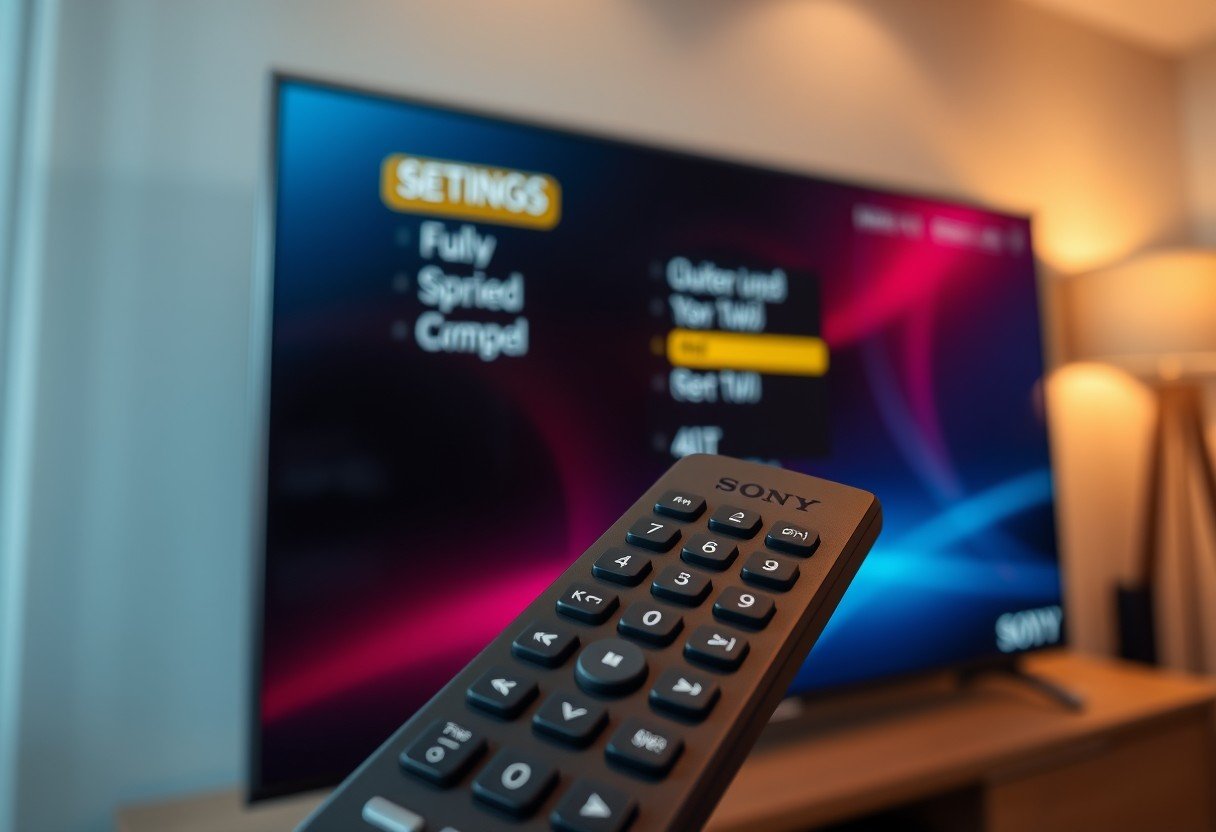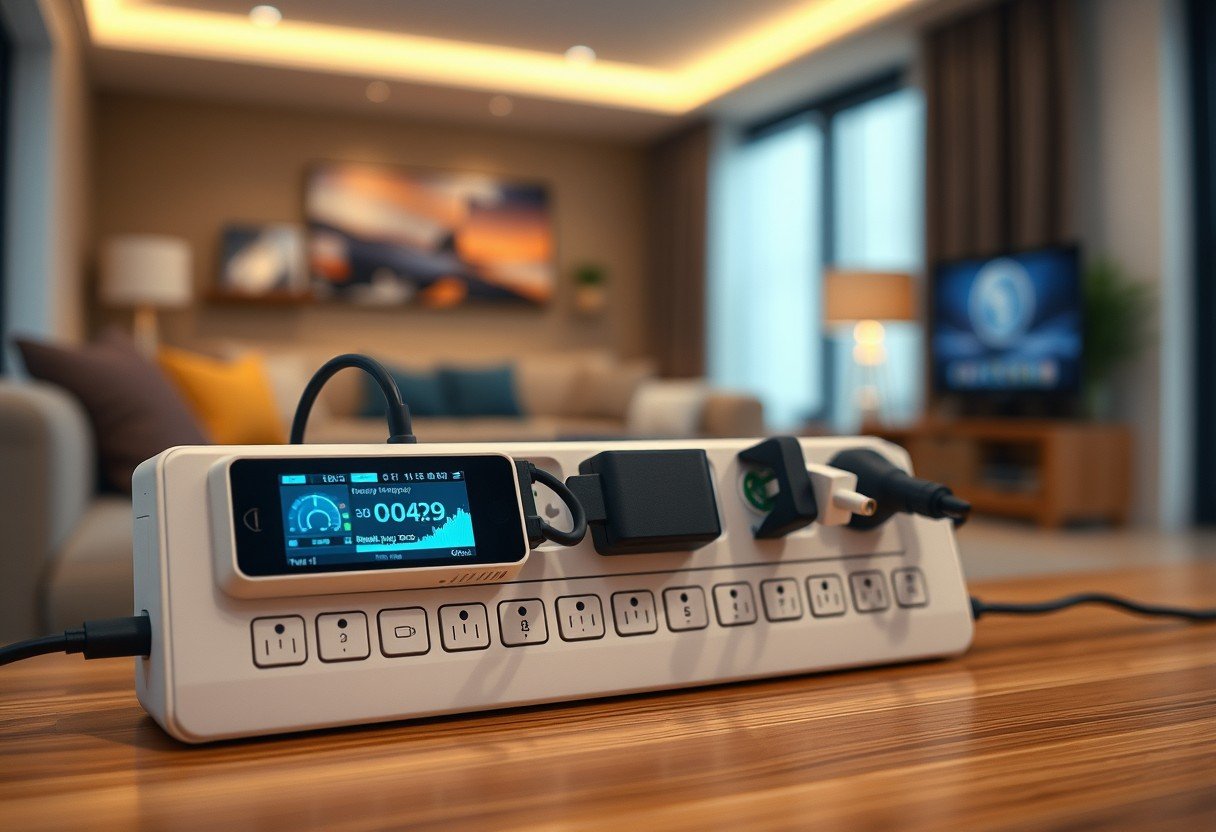Humanity stands at a crossroads, with our future being shaped by artificial intelligence from nine dominant tech companies. These giants—Google, Amazon, Microsoft, and others—are building thinking machines that influence your daily decisions, from what you buy to what you believe. Their algorithms are so deeply woven into society that their power to warp our lives, for better or worse, is growing every day without many of us even noticing.
Who are the Big Nine and Why Do They Matter?
The “Big Nine” refers to a group of the most powerful technology corporations leading AI development. They are split into two groups: six from the United States and three from China. Together, their decisions guide the future of AI for the entire world.
These aren’t just big companies; they are the architects of our digital future. They build the AI assistants you talk to, the algorithms that recommend your news, and the platforms where you connect with others. Their immense resources and access to vast amounts of data give them an unparalleled advantage in creating and deploying AI systems globally.
The nine companies are:
- Google (Alphabet)
- Amazon
- Apple
- Meta (formerly Facebook)
- Microsoft
- IBM
- Alibaba
- Baidu
- Tencent
Because they control the core infrastructure of AI, their priorities and ethical frameworks—or lack thereof—have a direct impact on billions of people. This concentration of power is a central concern for the future of a fair and open society.
How AI Algorithms Shape Your Daily Reality
You might not realize it, but your online experience is carefully curated. The videos you’re recommended, the news articles that appear in your feed, and even the friends you’re prompted to connect with are all chosen by AI algorithms.
These systems are designed to keep you engaged, and they do this by showing you content they predict you will like. Over time, this can create a “digital echo chamber.” You are surrounded by information that confirms what you already believe, making it harder to consider different viewpoints. This process can subtly shape your opinions and behaviors without your explicit consent.
The result is a society that may become more polarized, where people live in different informational worlds. Understanding how these algorithms influence you is the first step toward reclaiming control over your own choices and beliefs.
The Hidden Bias within Thinking Machines
A common misconception is that machines are neutral. However, AI systems learn from the data we give them. If that data contains historical human biases related to race, gender, or culture, the AI will learn and perpetuate those same biases. This can have serious real-world consequences.
For example, an AI used for hiring might unfairly penalize female candidates because it was trained on historical data where men held more senior roles. When these biased systems are used to make important decisions, they can reinforce societal inequality.
The challenge is not just to build smarter AI, but to build fairer AI. This requires careful scrutiny of the data used for training and the ethical rules programmed into these systems.
| Potential Benefits | Potential Risks |
|---|---|
| Increased efficiency and automation | Reinforcement of societal biases |
| Personalized user experiences | Creation of echo chambers and polarization |
| Advances in medicine and science | Misinformation and lack of transparency |
Job Automation: Will Your Skills Become Obsolete?
The rise of AI is also transforming the job market. While technology has always replaced certain jobs, the scale and speed of AI-driven automation are unprecedented. Many roles that involve repetitive tasks, from data entry to manufacturing, are at risk of becoming obsolete.
This raises a critical question for the workforce: will my skills still be valuable in a future dominated by AI? While some argue that AI will create new jobs we can’t yet imagine, there is growing concern about economic insecurity for those whose roles are displaced.
The focus must shift toward lifelong learning and developing skills that complement AI, such as critical thinking, creativity, and emotional intelligence. Preparing for this shift is essential for both individual and economic stability.
Your Data is Their Gold: The Privacy Concern
The Big Nine’s business models often rely on collecting massive amounts of user data. Every search you make, every photo you post, and every smart home device you use generates data that helps these companies refine their AI and target their services.
However, there is often a lack of transparency about how this data is collected, used, and protected. This massive data collection creates a significant power imbalance, raising ethical questions about surveillance and personal privacy. In an age where your digital footprint is constantly expanding, it becomes crucial to be aware of the data you are sharing and to demand greater control over your personal information.
Your Role in Shaping an Ethical AI Future
The direction of AI is not set in stone. As a consumer and a citizen, you have more power than you think. By making conscious choices and speaking up, you can help steer technology toward more human-centric values.
You can start by educating yourself about how AI affects you and questioning the information presented to you. Supporting companies that prioritize transparency and ethical practices sends a powerful message.
Here are a few ways you can contribute:
- Demand Transparency: Ask for clear explanations of how AI systems make decisions that affect you.
- Protect Your Data: Take control of your privacy settings on apps and services you use.
- Support Ethical Tech: Advocate for policies and regulations that ensure AI is developed and used responsibly.
Ultimately, the future of AI depends on our collective responsibility to ensure it serves humanity, not the other way around. Your voice is a critical part of building an ethical framework for this transformative technology.
Frequently Asked Questions about the Big Nine and AI
What are the Big Nine tech companies?
The Big Nine are the world’s most powerful tech corporations in AI development. They include Google, Amazon, Apple, Meta, Microsoft, and IBM from the U.S., along with Alibaba, Baidu, and Tencent from China.
How does AI create an echo chamber?
AI algorithms learn your preferences and show you content you are likely to agree with. This can limit your exposure to different perspectives, creating a digital “echo chamber” that reinforces your existing beliefs and contributes to societal polarization.
Can AI be developed without bias?
It is extremely difficult because AI learns from real-world data, which contains human biases. However, developers can work to mitigate bias by carefully curating training data, building fairer algorithms, and conducting regular audits of AI systems to ensure equitable outcomes.
How is AI affecting the job market?
AI is automating many tasks, which could displace workers in certain industries like manufacturing and data analysis. While it may also create new jobs, there is a growing need for the workforce to adapt by developing skills in creativity, critical thinking, and collaboration that machines cannot easily replicate.
What can I do to protect my privacy from big tech companies?
You can take active steps by regularly reviewing and adjusting the privacy settings on your accounts and devices. Be mindful of the permissions you grant to apps and consider using services that are designed with privacy as a core feature.







Leave a Comment